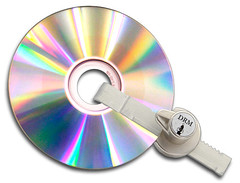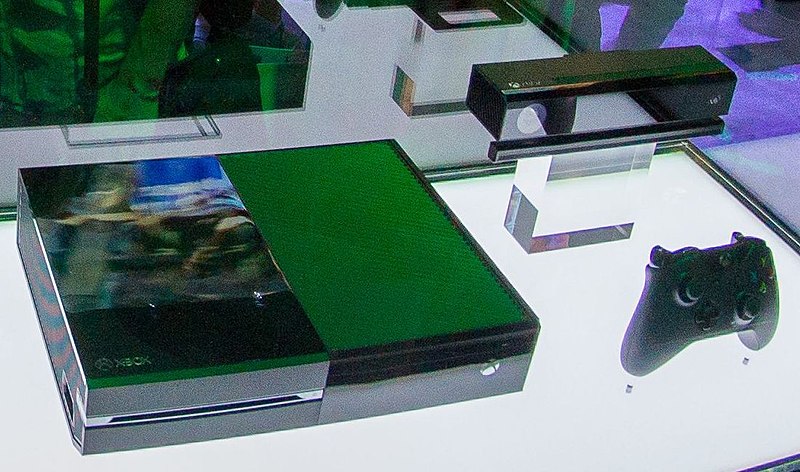- ARPDAUPosted 13 years ago
- What’s an impressive conversion rate? And other stats updatesPosted 13 years ago
- Your quick guide to metricsPosted 13 years ago
CD Projekt and Piracy
This is a guest post by freelance narrative designer, Tom Jubert. Check out his industry blog, Plot is Gameplay’s Bitch.
![]() CD Projekt has been in the news of late over its judicious mailshotting of thousands of members of the German public with demands for settlements to the tune of €911.80 for alleged copyright infringement of The Witcher 2. You can get the details just about anywhere else: basically having removed DRM from the game post-launch as a move to placate honest customers (and much inline with the outfit’s indie facade), CD Projekt have gotten onboard with a law firm, tracked torrent IPs, and demanded retribution.
CD Projekt has been in the news of late over its judicious mailshotting of thousands of members of the German public with demands for settlements to the tune of €911.80 for alleged copyright infringement of The Witcher 2. You can get the details just about anywhere else: basically having removed DRM from the game post-launch as a move to placate honest customers (and much inline with the outfit’s indie facade), CD Projekt have gotten onboard with a law firm, tracked torrent IPs, and demanded retribution.
Naturally enough there’s been a backlash. There are a bunch of tacks here, but the basic thing is this: torrent trolling is bad, innocent people get done. It’s true enough. Certainly an IP is not a one hundred percent guarentee you’ve landed yourself a pirate; certainly there will be innocent people who unthinkingly pay up.
At the same time, though, I want to argue in support of CD Projekt; or at least against those reasons. It seems to me that every game company is put in a position where they have to consider their approach to piracy and how they can profit despite or even because of it. CD Projekt is doing its best in that regard. The people there identified that DRM wasn’t working: the games were cracked on release, everyone was complaining, and it was probably costing them more money than it was saving. So they jacked it in.
The company’s new approach means legitimate customers can enjoy their game without the hoops. It also allows the company to focus attention on the people they actually want (and are legally entitled) to prosecute. Clearly there will be mistakes (unsecured LANs, false IPs etc); but there always are, and there are always processes in place to handle them. CD Projekt is working according to the law and to the demands of its customers. I think it’s marginally better than the previous system.
Now, if that all sounds a bit too square, let me add a caveat. I don’t think this is the right way about it. Personally, I don’t take issue with the handful of innocent IPs that get lettered, and I don’t try to pretend that just because piracy isn’t stealing that it isn’t illegal. In fact, I wouldn’t be at all surprised if a lot of the people complaining along those lines didn’t either. What I take issue with is the attempt to secure the rights to our internet activity by the government. I take issue with approaches that try to control or fight the freedom the net grants people, and with piracy moves that try to plug the dam after the town’s flooded. And yes, I take issue with someone telling me I can’t stream an episode of South Park without getting an angry letter. A lot of people get a lot of crap for free now. Ask the Humble Indie Bundle if that’s a problem for their bottom line.
My issue isn’t with CD Projekt using the law to their best interest. My issue is with the law that allows it.
Check out Tom’s blog at Plot is Gameplay’s Bitch.














